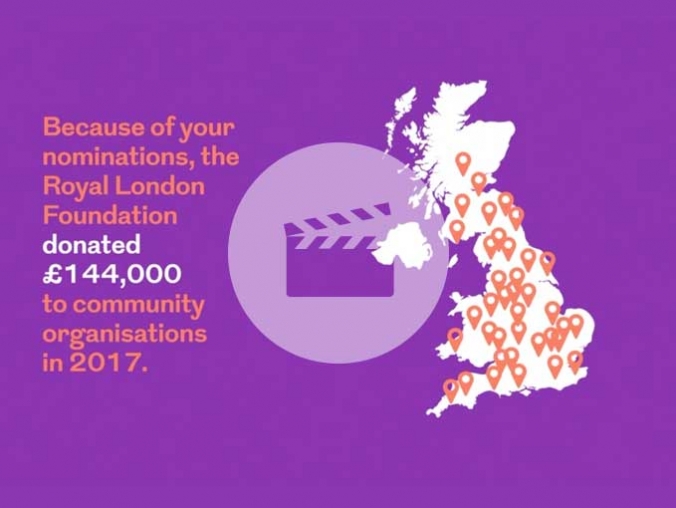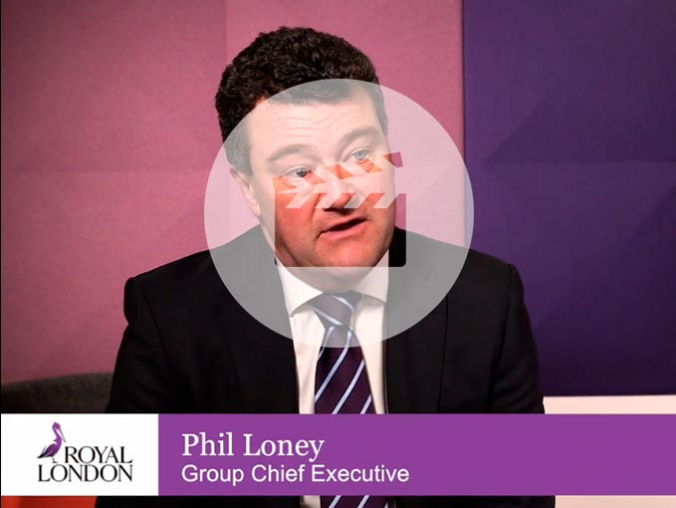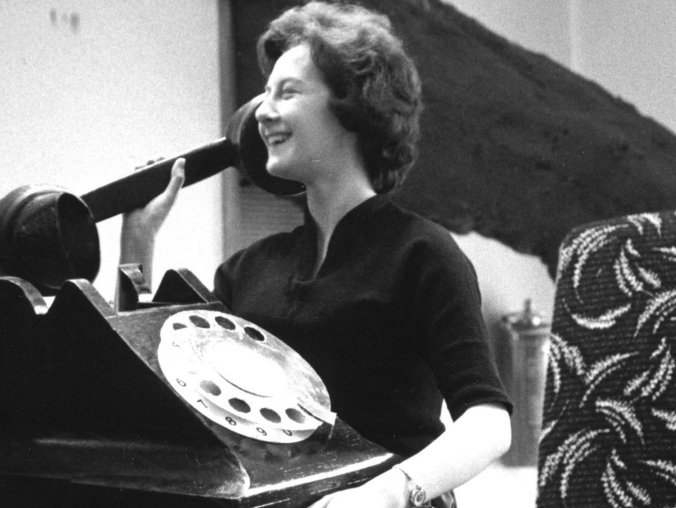

Are you paying too much tax?
Making sure you are on the right tax code will help you to avoid losing too much of your hard-earned money
Tax is a part of life and we all pay it in one form or another, but have you ever considered that you might not be paying the right amount of tax? The amount of income tax you pay on salaried income and pension income is dictated by a tax code HM Revenue and Customs (HMRC) gives to your employer or pension provider. Most of us assume that code is correct, but HMRC do make mistakes and you could be paying too much or too little tax as a result.
One area where mistakes are more likely is pension income, because people may have more than one pension or a pension and a wage, and it is more complex to get the tax right when there are multiple sources of income. The Decoding your tax code guide from Royal London estimates that up to 800,000 people, who are under state pension age but receiving private pension income, could be paying too much tax due to errors in their tax code.
“Employers and pension providers are issued with tax codes by HMRC and we generally assume they must be right,” says Steve Webb, Royal London Director of Policy. “But HMRC can get things wrong. I have no doubt that there are many people paying the wrong amount of tax.”
Most of us assume that code is correct, but HMRC do make mistakes and you could be paying too much or too little tax as a result
Your tax code is the series of numbers and letters that tells the company that pays your income how much tax they should deduct. HMRC should have sent you a letter telling you your tax code, but if you can’t find that your code will also be on the payslip you receive from your employer or pension provider.
Everyone is entitled to earn some money before they start paying tax. This is known as your ‘Personal Allowance’, and was £11,500 in the 2017/18 tax year. Income tax is then deducted at different rates depending on how much you earn. Your tax code tells companies how much personal allowance you have and how much tax they should take.
“Most people are understandably baffled by the whole system of tax codes, but you should check yours as a matter of urgency,” says Steve. If there is a mistake in your code it is highly unlikely anyone else will spot it and correct it, which could mean you pay the wrong level of tax for years.
Once you’ve found your code you need to decipher it. The numerical part is your personal allowance with the last digit knocked off. So, if you are entitled to the full personal allowance, the number should be 1150. The letter gives extra information about your personal tax status. The most common letter is L, which means your income should be taxed at the basic, higher or additional rate depending on how much you are earning. So, if you earn £50,000 a year and your tax code is L1150, you’ll earn £11,500 tax-free, the next £33,500 of your earnings will be taxed at 20%, and the final £5,000 will be taxed at 40%.
Tax codes start getting more complicated – and more likely to be incorrect – if you have numerous sources of income. For example, you work but also receive pension income. In this situation, HMRC needs to let all the people paying you an income know if your personal allowance has been used up elsewhere or, if your total income is below the personal allowance, that you shouldn’t be taxed.
Common letters seen in tax codes are:
- BR: All income from this job or pension is subject to income tax at the basic rate. This means you’ve used up your personal allowance elsewhere.
- D0: The higher rate of income tax (40%) is due on all income from this source.
- NT: Income from this source is not liable for any income tax.
- 0T: You’ve used up your personal allowance, and all income from this source will be taxed at a level dictated by your income level.
You can find out more about paying the right amount of income tax at https://www.gov.uk/income-tax/check-youre-paying-the-right-amount. If you think there is a problem with your tax code then you should report it to HMRC by calling 0300 200 3300 or visiting https://www.gov.uk/government/organisations/hm-revenue-customs. HMRC allows you to claim overpaid tax going back four years.
Note: All figures are based on 2017/18 tax rates and allowances, and are subject to change.
More for you

Royal London Foundation: supporting your communities
Thanks to your nominations, we’ve been able to provide funding for not-for-profit organisations across the UK. Here are a few stories of those who received support from us
MORE
Insight into Work: come and work with us!
Our Insight into Work programme means members and their families can experience work at Royal London. Five of our newest candidates tell us about their time working with us
MORE
Supporting members
Group Chief Executive Phil Loney highlights the new and exciting benefits available for our valued members
MORE


